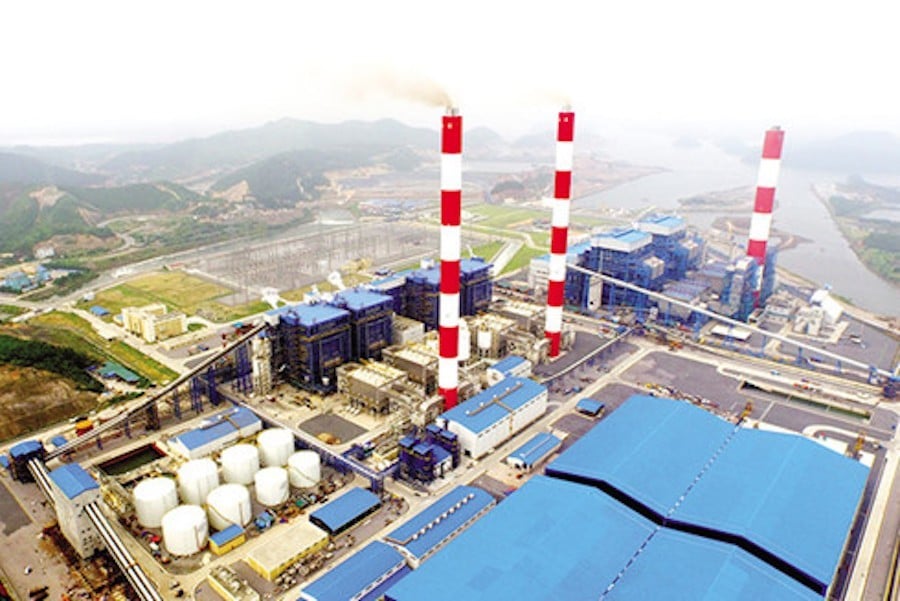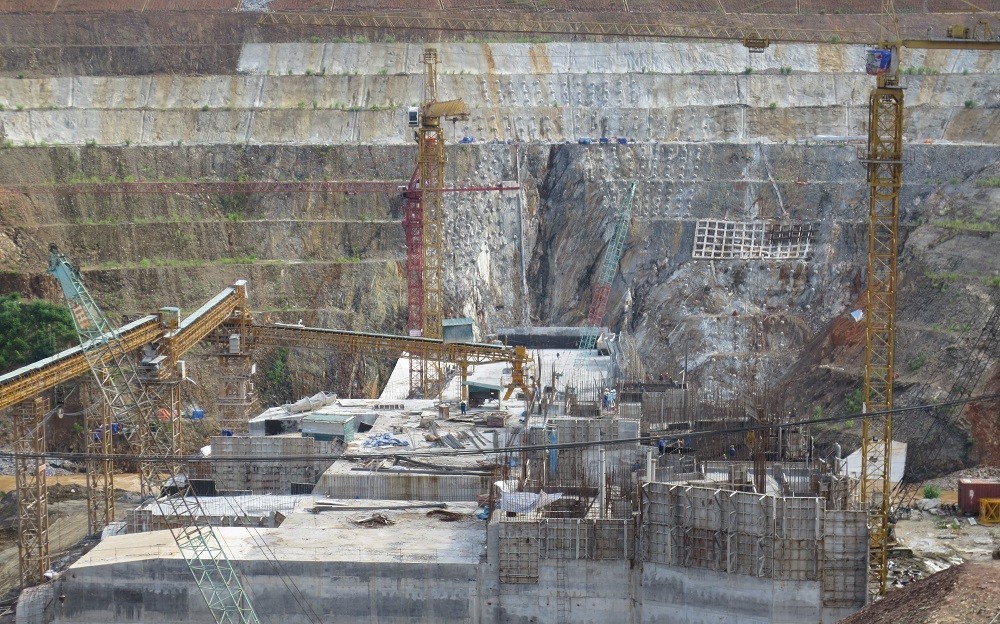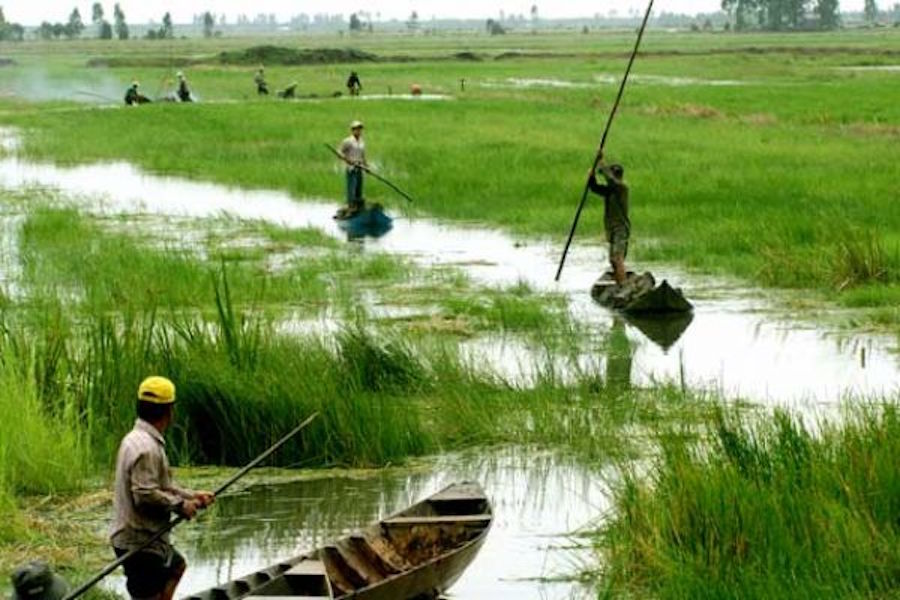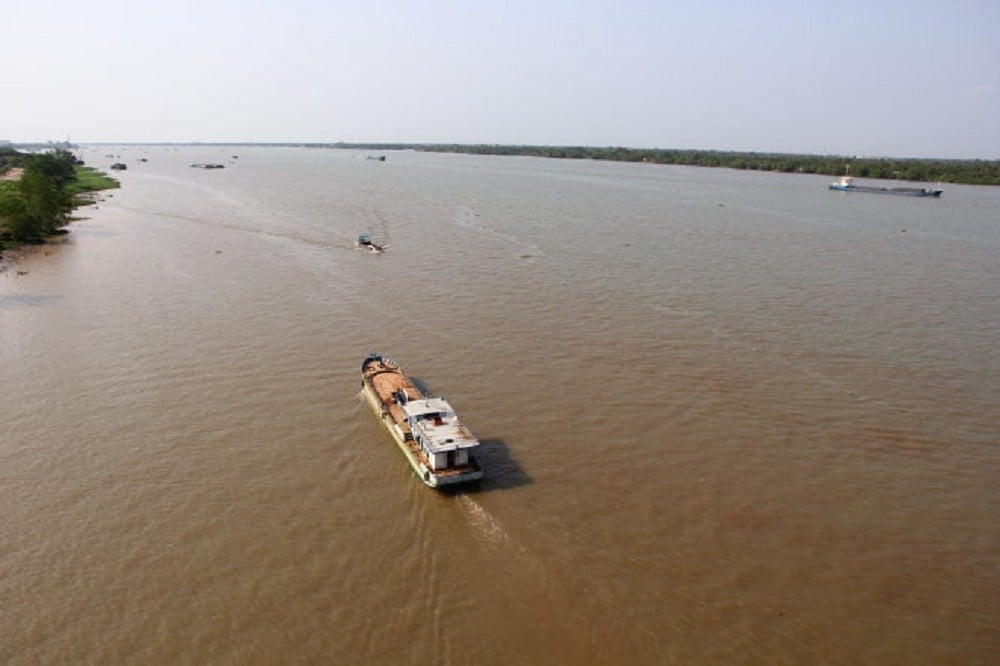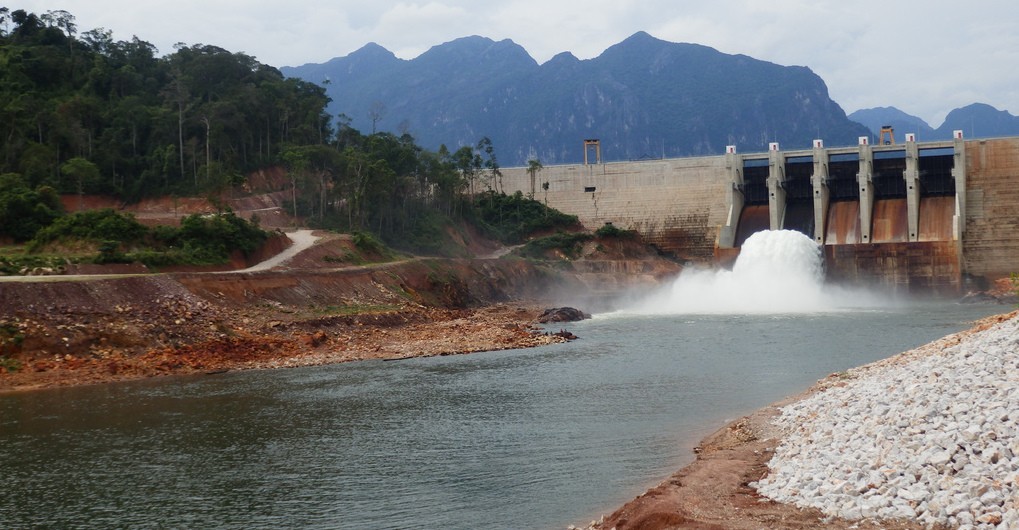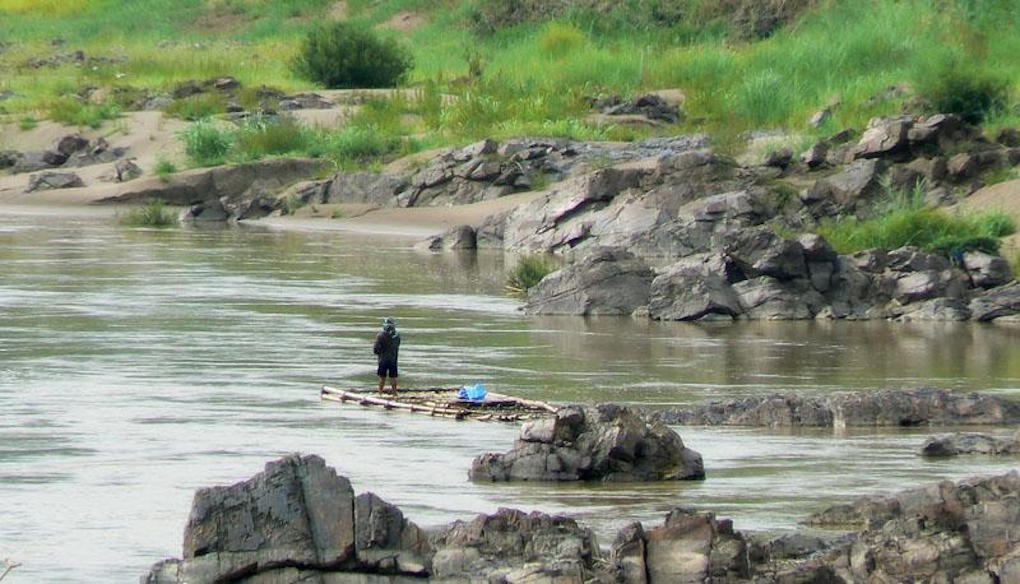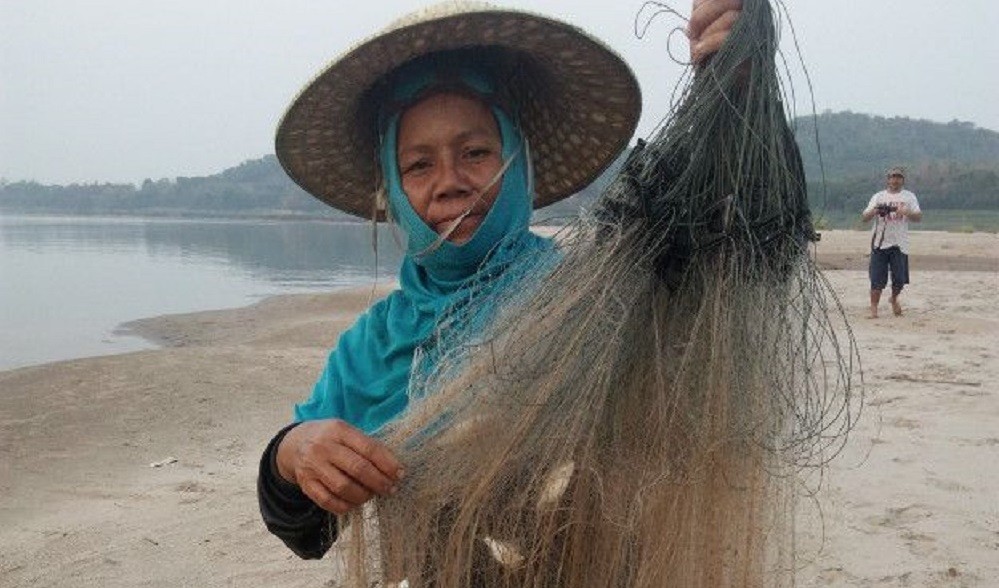EuroCham vice chairman Tomaso Andreatta said Vietnam should gradually stop the construction of coal-fired power plants as they were dramatically increasing the country’s greenhouse gas emissions (GHGs) and causing environmental pollution.
“Mny nations have stopped using coal for operating their power plants because of concerns over the environmental risks. Vietnam should follow suit,” Andreatta told Vietnam’s government at an international conference on clean energy in Asia in early July 2016.


